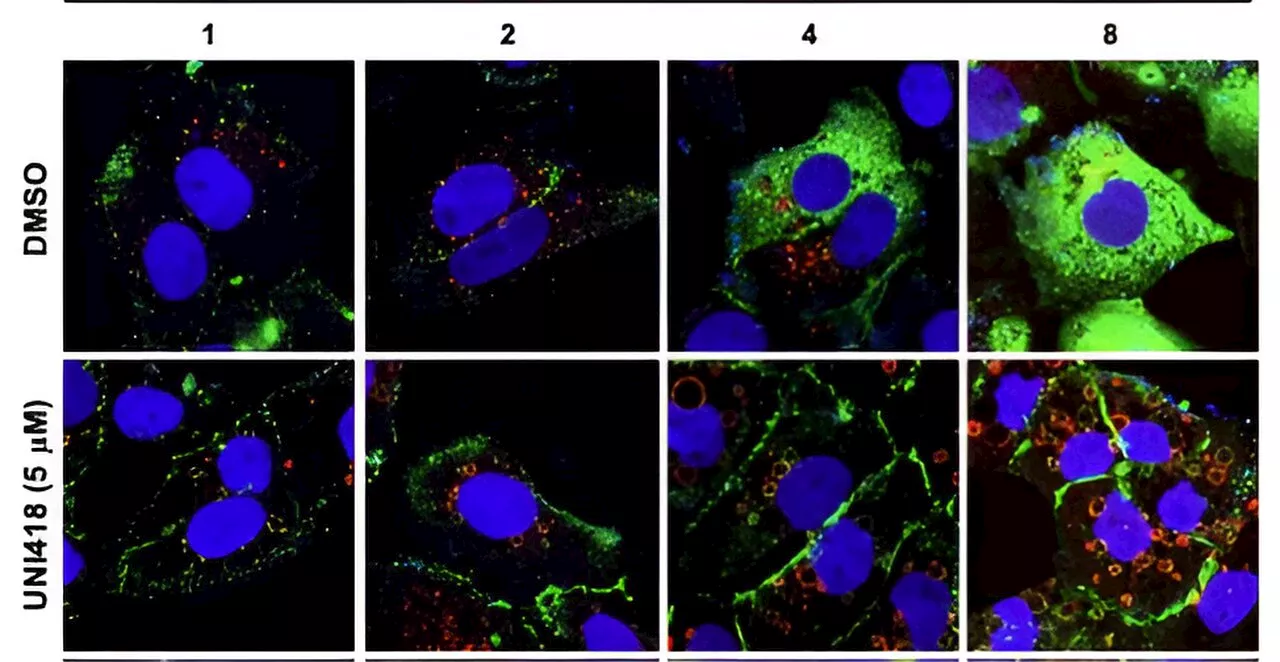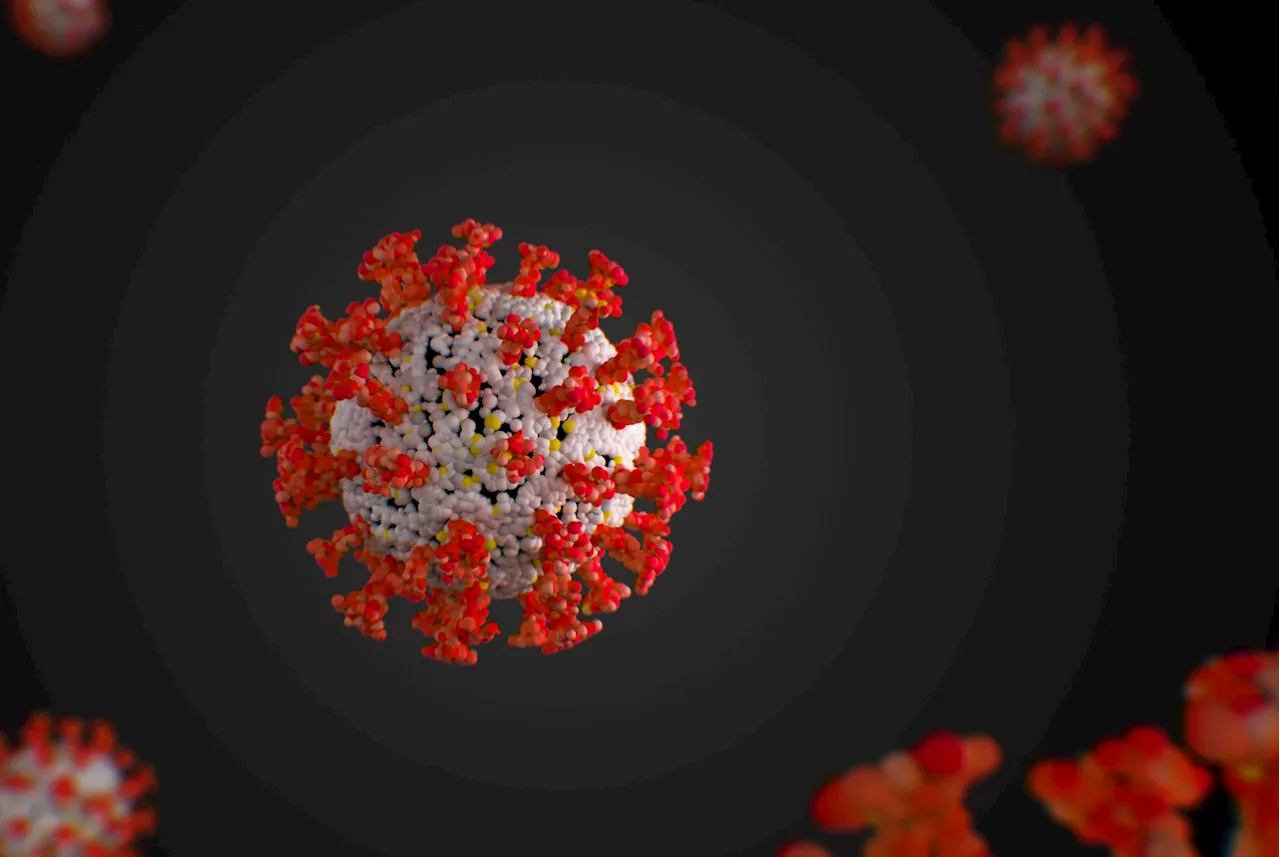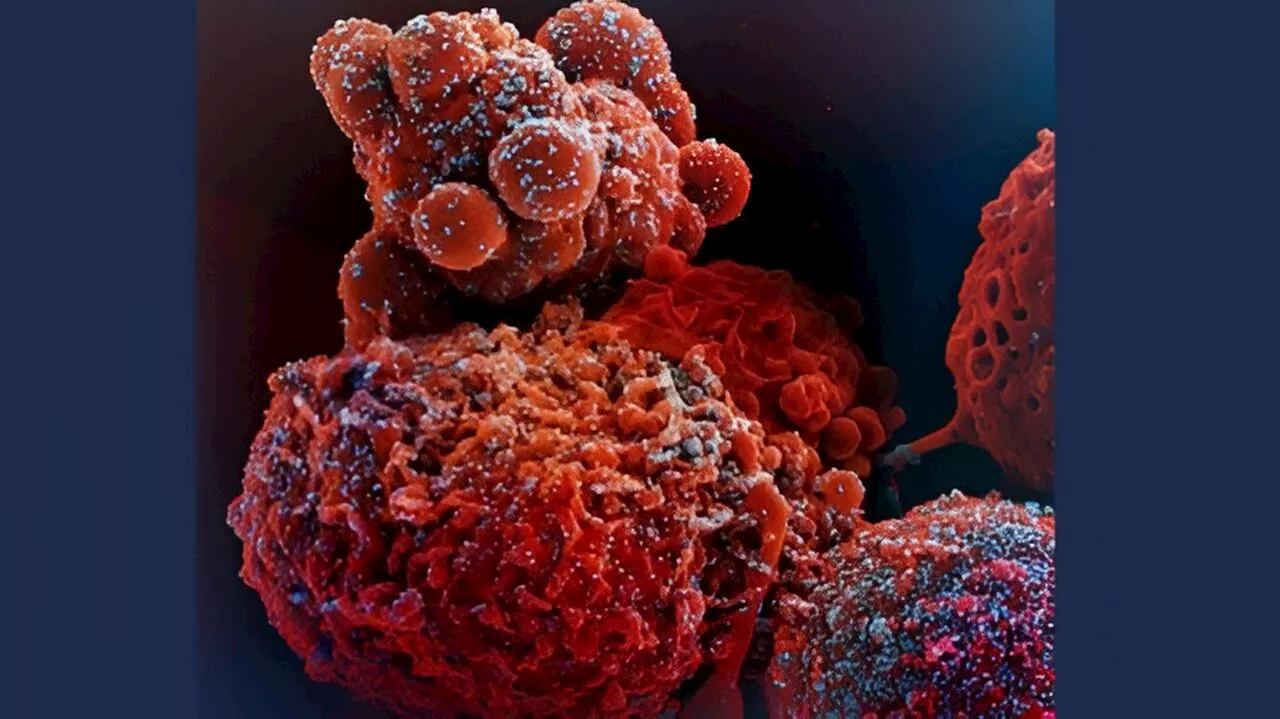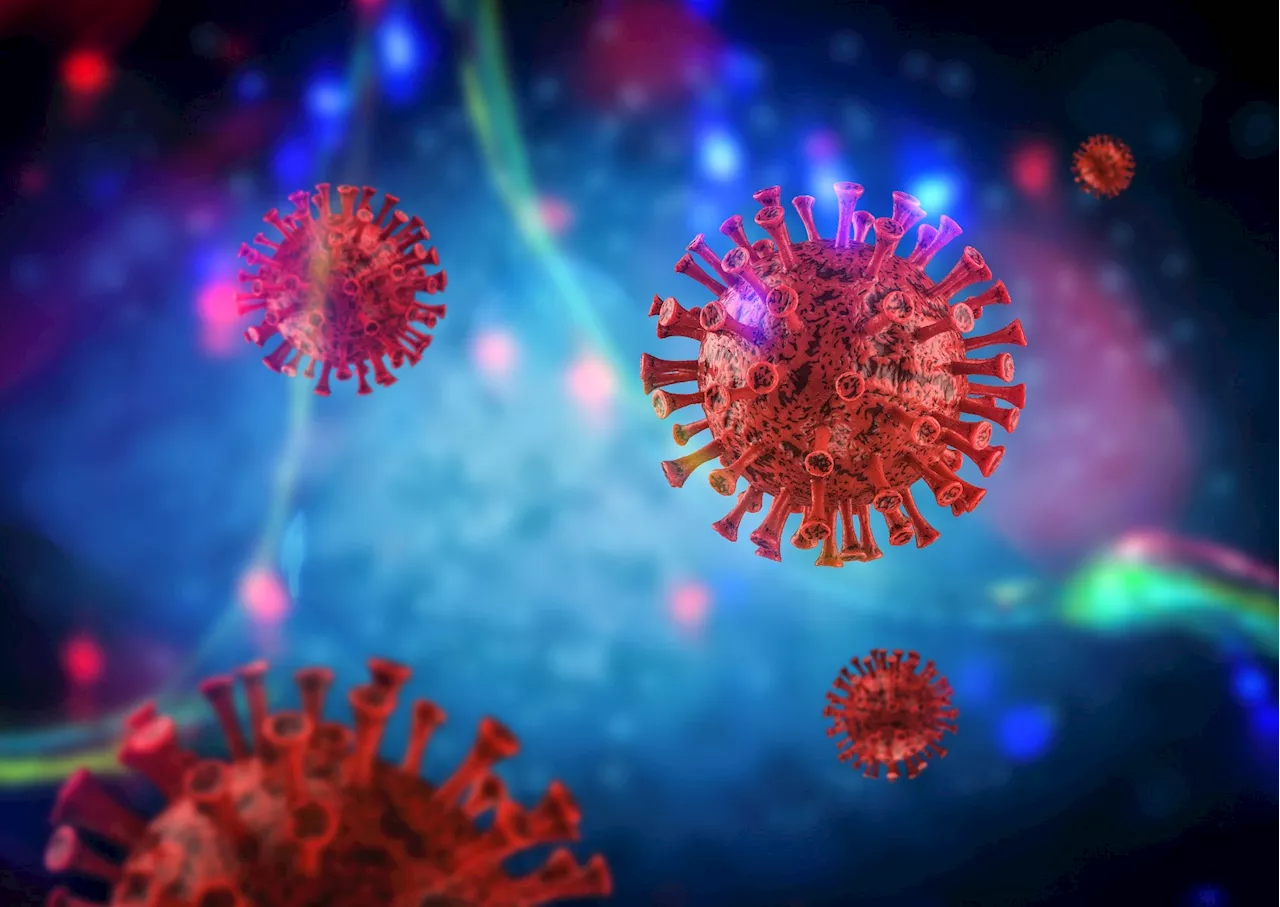Study demonstrates that a single-dose intranasal live-attenuated vaccine, CDO-7N-1, provides broad protection against SARS-CoV-2 and its variants by inducing potent immune responses, including neutralizing antibodies and T-cell activity, in animal models.
By Tarun Sai LomteReviewed by Benedette Cuffari, M.Sc.Sep 1 2024 Harnessing the power of a single dose, this innovative vaccine offers a potent defense against both current and future COVID-19 threats. Study: A single-dose intranasal live-attenuated codon deoptimized vaccine provides broad protection against SARS -CoV-2 and its variants. Image Credit: Phonlamai Photo / Shutterstock.com
Therefore, it is crucial to develop novel vaccines that both induce broadly neutralizing antibodies and are effective against multiple variants, including those that may emerge in the future. LAVs induce potent and durable immune responses, often with a single dose. The immune response is antigenically broad because LAVs essentially contain the entire virus.
Related StoriesHamsters infected with CDO-7N-1 and CDO-4N-1 exhibited lower virus titers in bronchoalveolar lavage fluid than those infected with the WT virus. Furthermore, the lung pathology of animals infected with CDO-4N-1 was less severe than those infected with WT SARS-CoV-2, whereas little or no pathology was observed in those infected with CDO-7N-1.
After 28 days, control and vaccinated animals were challenged with WT SARS-CoV-2. Controls exhibited high virus titers in BALF and nose, in addition to prominent lung inflammation with mild/moderate olfactory epithelium atrophy. Comparatively, vaccinated animals did not have any detectable virus in their sera, exhibited no/slight lung inflammation, and maintained normal structure in the nasal turbinate.
Vaccine Antibodies Antibody CD4 Cell Codon Coronavirus Efficacy Immune Response Immunity Immunization Inflammation Lungs Omicron Pathology Protein Receptor Respiratory SARS SARS-Cov-2 Severe Acute Respiratory Severe Acute Respiratory Syndrome Spike Protein Syndrome Virus
United Kingdom Latest News, United Kingdom Headlines
Similar News:You can also read news stories similar to this one that we have collected from other news sources.
 Study finds higher SARS-CoV-2 risk in obese individualsA study finds an increased risk of developing a productive SARS-CoV-2 infection in obese people. Obesity is known to predict worse outcomes and higher mortality for those with COVID-19. Masanori Aikawa and colleagues sought to determine if obesity also affected the likelihood of getting ill in the first place.
Study finds higher SARS-CoV-2 risk in obese individualsA study finds an increased risk of developing a productive SARS-CoV-2 infection in obese people. Obesity is known to predict worse outcomes and higher mortality for those with COVID-19. Masanori Aikawa and colleagues sought to determine if obesity also affected the likelihood of getting ill in the first place.
Read more »
 Study unveils novel treatment for blocking SARS-CoV-2 entry into cellsIn light of the ongoing threat posed by new viruses following the emergence of severe acute respiratory syndrome coronavirus 2 (SARS-CoV-2), which led to the COVID-19 pandemic, new antiviral drugs continue to be developed to effectively block viral entry into the human body.
Study unveils novel treatment for blocking SARS-CoV-2 entry into cellsIn light of the ongoing threat posed by new viruses following the emergence of severe acute respiratory syndrome coronavirus 2 (SARS-CoV-2), which led to the COVID-19 pandemic, new antiviral drugs continue to be developed to effectively block viral entry into the human body.
Read more »
 Needle-free COVID-19 intranasal vaccine provides broad immunity, study findsA next-generation COVID-19 mucosal vaccine is set to be a gamechanger not only when delivering the vaccine itself, but also for people who are needle-phobic.
Needle-free COVID-19 intranasal vaccine provides broad immunity, study findsA next-generation COVID-19 mucosal vaccine is set to be a gamechanger not only when delivering the vaccine itself, but also for people who are needle-phobic.
Read more »
 SARS-CoV-2 evolves differently in the brain, revealing critical insights into viral tropismStudy investigates the evolution of SARS-CoV-2 within the central nervous system (CNS) compared to the lungs in mice, revealing higher viral divergence in the CNS and highlighting the critical role of the furin cleavage site (FCS) in viral tropism and compartmentalization.
SARS-CoV-2 evolves differently in the brain, revealing critical insights into viral tropismStudy investigates the evolution of SARS-CoV-2 within the central nervous system (CNS) compared to the lungs in mice, revealing higher viral divergence in the CNS and highlighting the critical role of the furin cleavage site (FCS) in viral tropism and compartmentalization.
Read more »
 Mutation in SARS-CoV-2 spike protein enhances brain infectionScientists have discovered a mutation in SARS-CoV-2, the virus that causes COVID-19, that plays a key role in its ability to infect the central nervous system.
Mutation in SARS-CoV-2 spike protein enhances brain infectionScientists have discovered a mutation in SARS-CoV-2, the virus that causes COVID-19, that plays a key role in its ability to infect the central nervous system.
Read more »
 To subvert immune response, SARS-CoV-2 stimulates production of proteins without protective functionTo evade the human host's immune response, SARS-CoV-2, the coronavirus that causes COVID-19 uses the machinery of defense cells to induce the expression of unproductive isoforms of key antiviral genes—variant forms of genes that result from disrupted splicing or transcription processes and do not code for functional (protective) proteins.
To subvert immune response, SARS-CoV-2 stimulates production of proteins without protective functionTo evade the human host's immune response, SARS-CoV-2, the coronavirus that causes COVID-19 uses the machinery of defense cells to induce the expression of unproductive isoforms of key antiviral genes—variant forms of genes that result from disrupted splicing or transcription processes and do not code for functional (protective) proteins.
Read more »
